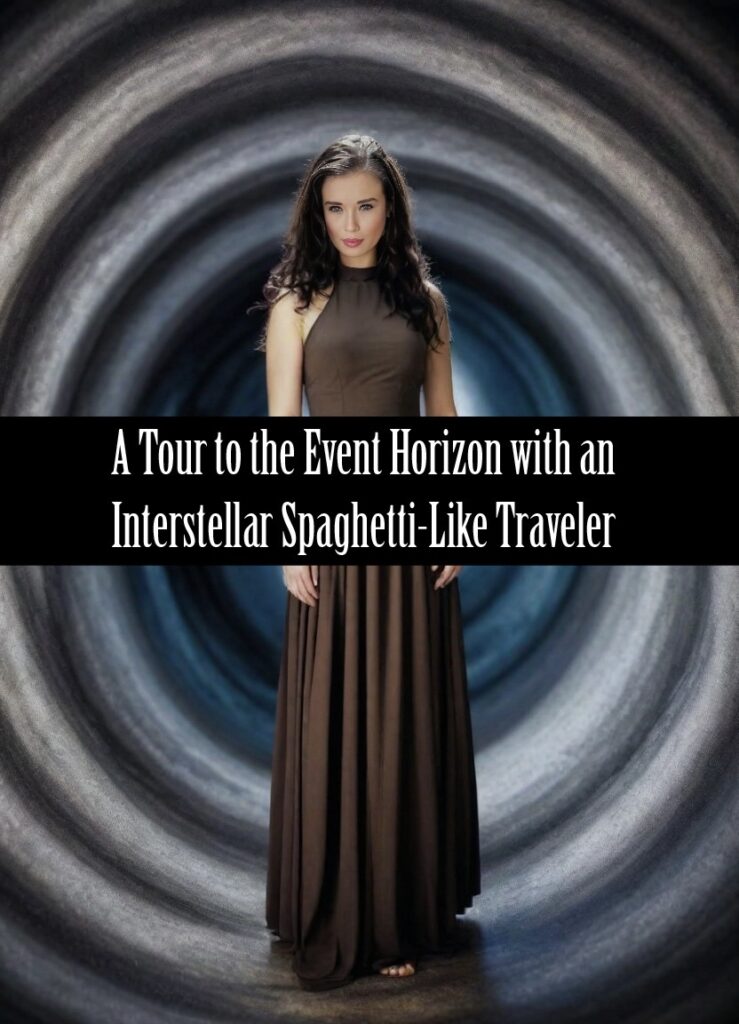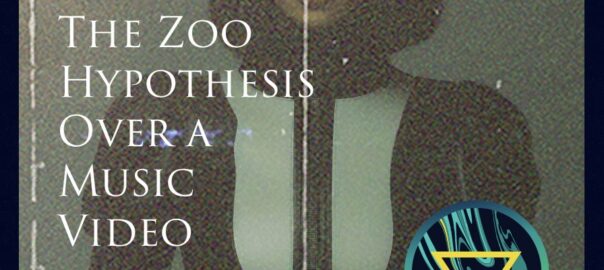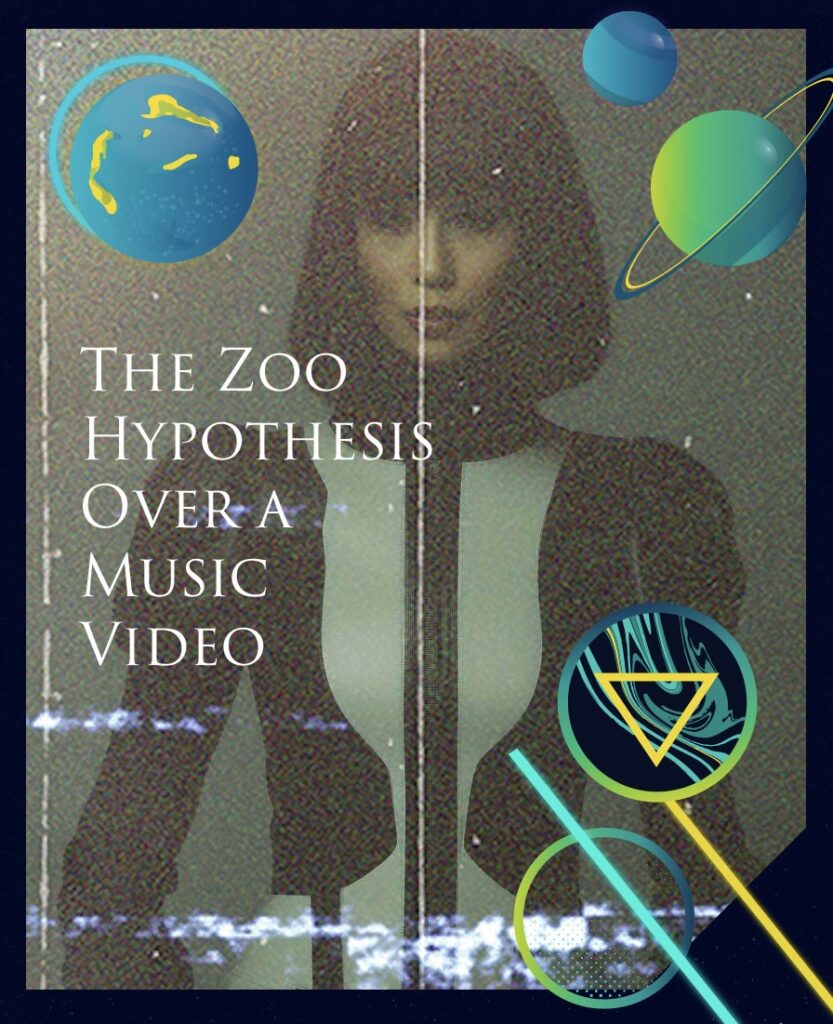
On this lazy Sunday, as I reclined on the sofa, I allowed my thoughts to wander through the boundless expanse of imagination. What if, in a fantastical twist of fate, I could break free from Earth’s grip and venture beyond its celestial boundaries? The daydream unfolded – a leisurely coffee break on some distant planet, followed by an audacious expedition into the profound unknown of a black hole.
However, the enchanting reverie took a comical turn, echoing with laughter at the whimsical fate of becoming a spaghetti-like interstellar traveler destined for an improbable return to Denmark. Amidst the chuckles, a peculiar realization dawned – perhaps, I wouldn’t find myself back in Denmark after all. This train of thought ushered me into the captivating scientific arena of black holes, specifically the enigmatic event horizon.
At the heart of the black hole’s mystery lies the event horizon, a conceptual boundary that defies the norms of space and time. Think of it as an invisible threshold, an imperceptible curtain beyond which escape becomes an impossibility, trapping anything that crosses its path in the inexorable pull of the black hole’s gravity. It’s a cosmic point of no return.
One intriguing aspect that adds a touch of cosmic whimsy to this exploration is the phenomenon known as spaghettification. Imagine this – as you venture too close to a black hole and approach its event horizon, the gravitational forces become significantly stronger on the side of your body closer to the black hole. The result? A stretching effect that turns you into an elongated shape resembling spaghetti. While this might sound like a peculiar cosmic pasta recipe, it’s a real phenomenon associated with the extreme gravitational conditions near a black hole.

Recent strides in astrophysics, spearheaded by visionary astrophysicists and dedicated researchers around the globe, have illuminated the shadowy realms of black holes. The detection of gravitational waves, delicate cosmic ripples echoing through spacetime, has emerged as a revolutionary tool. Instruments like the LIGO and Virgo observatories, operated by a tireless cadre of scientists, have effectively turned the universe into a symphony, with each gravitational wave providing a unique chord, narrating the cosmic ballet of black holes colliding and merging.
Adding to this cosmic symphony is the Event Horizon Telescope (EHT), a collaborative effort led by astrophysicists, researchers, and engineers worldwide. This technological marvel transcends the boundaries of conventional observation and unveiled the first-ever image of a black hole’s shadow, situated at the heart of the galaxy M87. This groundbreaking visual testimony not only solidified our understanding of black holes but also painted a captivating portrait of the mysterious cosmic entities that captivate our collective curiosity.
As my mind navigated the dichotomy between the whimsical imagery of cosmic coffee breaks and the profound reality of black holes, the awe-inspiring journey of scientific exploration unfolded. While the idea of embarking on a personal tour inside a black hole might remain firmly lodged in the realm of imagination, the tireless pursuit of knowledge by these astrophysicists, researchers, and astronomers continues to unveil the secrets of the universe.
The event horizon, with its paradoxical nature and gravitational allure, invites us to peer into the abyss, beckoning us to embrace the curiosity that propels humanity beyond the confines of our planetary abode. The cosmos, it seems, is an ever-unfolding narrative, inviting us to ponder the mysteries that lie just beyond the veil of our earthly perceptions. And, for those daring to imagine, a cosmic rendezvous with spaghetti-shaped destiny awaits in the gravitational dance near a black hole, orchestrated by the relentless dedication of researchers committed to unraveling the cosmos’ deepest secrets.


